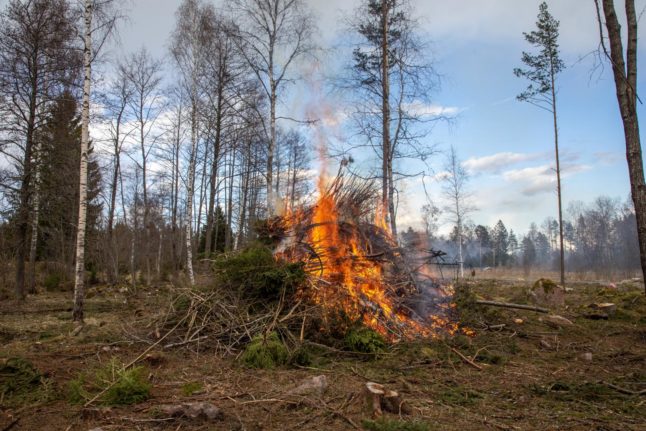“I have no illusions about the result,” said Prime Minister Fredrik Reinfeldt.
The prestigious battle is to take place on Wednesday night, and the mood is tense after the party leaders’ went after each other in a debate on the floor of the Riksdag earlier in the day.
The prime minister nevertheless has great respect for his opponent when it comes to football knowledge.
“We’ll meet a talented team with many who play football and by that I mean more than once a year,” said Reinfeldt, who in his youth chose to play basketball.
“My ambition for tonight is to manage to hang in there for the greater part of the match. That would be an achievement and I hope I can deliver a few passes to our sharp shooters.”
Reinfeldt is the only minister participating in the match. Education minister Jan Björklund claims he wasn’t invited, social minister Göran Hägglund says he doesn’t have time, while energy minister Maud Olofsson blames her leader.
The opposition’s star is former justice minister and former AIK player Thomas Bodström.
He wasn’t impressed by Reinfeldt’s effort last year and is betting on another victory this time around. As right midfielder, Bodström has Left Party leader Lars Ohly.
“That suits me wonderfully. I can make breaks from the left, which will be really fun,” said Ohly, who previously claimed that when he was little he had the chance to play with the legendary “Nacka” Skoglund, a member of Sweden’s national team in the 1950s which took home two World Cup medals.
The Social Democratic party leader Mona Sahlin, who would very much like to have Reinfeldt’s job as prime minister, won’t be able to challenge him on the football pitch.
Instead, she’ll be showing her support for the Red-Green team from the bleachers.



 Please whitelist us to continue reading.
Please whitelist us to continue reading.